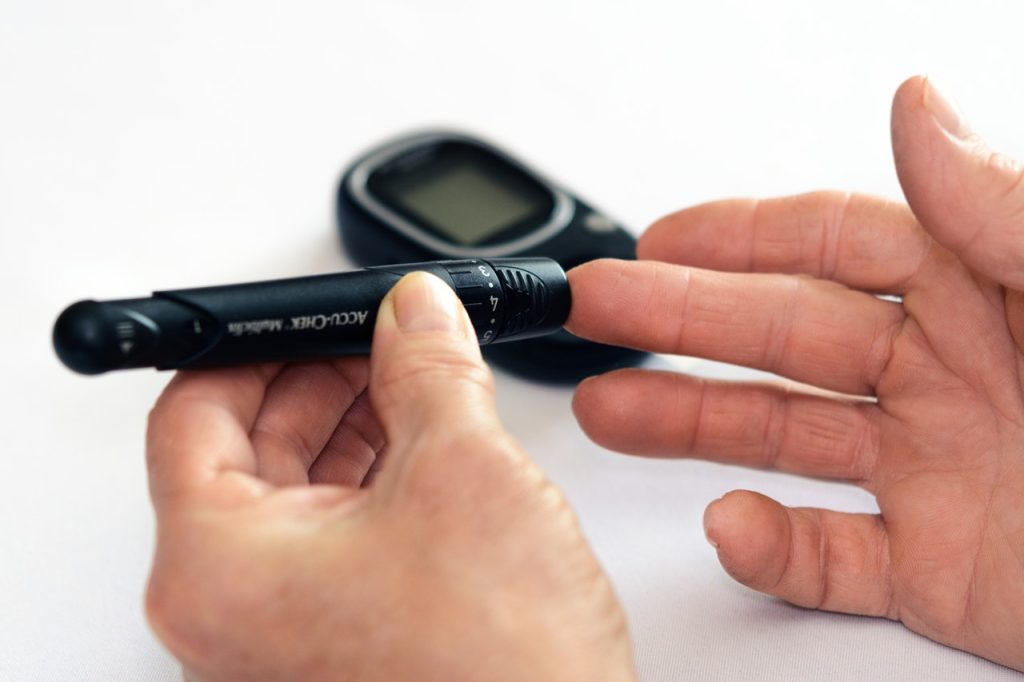
If you have diabetes, it’s crucial to take extra care of your feet to prevent injuries and infections. Diabetes often causes nerve damage, leading to numbness in the feet. This makes it easier for injuries to go unnoticed. Additionally, poor circulation—another common issue for diabetics—slows the healing process and increases the risk of infections. Together, nerve damage and poor circulation can lead to severe complications, including a higher risk of amputation.
However, with proper precautions, many foot issues can be prevented. If an injury does occur, timely treatment can help avoid serious consequences.
Request an AppointmentCommon Foot Ailments in Diabetics
Diabetics may experience foot problems such as:
- Calluses
- Corns
- Blisters
- Foot ulcers
- Numbness due to nerve damage
- Poor circulation
Foot Care Tips for Diabetics
Managing diabetes is essential in preventing poor circulation and nerve damage, which can lead to more serious foot conditions. If you already experience circulation problems or nerve damage, there are specific steps you can take to protect your feet:
Daily Foot Inspections
Make it a habit to check your feet every day for cuts, sores, or any signs of injury. If you find any sores, treat them promptly to prevent infection. If the wound doesn’t heal or shows signs of infection, seek medical attention immediately to avoid more serious complications.
Additional Preventative Measures
- Trim toenails regularly to prevent them from cutting into the skin
- Moisturize your feet daily to prevent dry, cracked skin
- Avoid smoking, as it can worsen circulation problems and slow healing
- Raise your feet when sitting to improve circulation
- Stay active with light exercises, such as walking, to promote blood flow
- Test bath water with your hand before stepping in to avoid burns
- Use a pumice stone to remove dry skin and smooth calluses
- Wash your feet daily in warm water, and dry them thoroughly—especially between the toes
- Wear comfortable shoes to avoid blisters and sores
- Always wear socks and shoes to protect your feet from cuts and injuries
As a diabetic, it’s essential to prioritize the health of your feet. If you have any questions or concerns about foot care, consult your doctor for personalized advice.